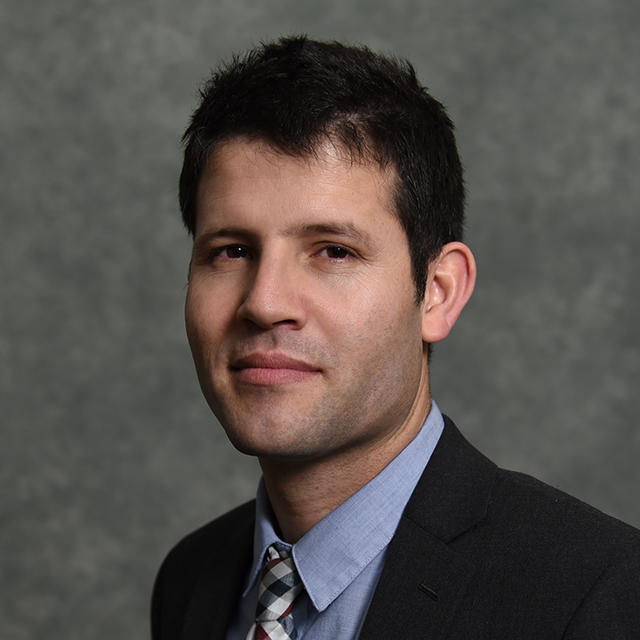Health Administration
Health Administration is an integration of healthcare, business management, and information systems.
Our mission is to prepare ethically guided professionals who are equipped with the knowledge and skills to assume leadership positions in health administration, health promotion, disease prevention, and clinical practice in diverse healthcare settings.
As the healthcare delivery system is held to greater accountability, healthcare providers and entities must demonstrate quality outcomes, fiscal responsibility, and efficient and effective practices. To do this, health administration professionals collect and analyze data, incorporate innovative management techniques, and utilize new technologies to reengineer healthcare.
Health administration professionals are the inventors, innovators, and entrepreneurs for the constantly evolving healthcare delivery system.
A Unique Blend of Skills
Graduates are prepared to understand trends and articulate solutions in the evolving healthcare market. This health professional possesses a unique blend of skills in health sciences, business management, and information systems.
- Health sciences aid communication with other medical professionals and in understanding the patient perspective.
- Business management strategies are needed to manage not only a variety of healthcare settings such as hospitals, physician practices and long term care facilities, but also to manage data and information.
- Information systems are utilized to collect, manage, and transmit data to aid in the delivery of cost effective healthcare services.
The combination of health sciences, business management, and information systems will help professionals to meet the future healthcare challenges.
Program Information
Duquesne University's Health Administration program prepares students for leadership roles in healthcare with a comprehensive curriculum and practical experience.
Program Type
Major
Degree
Bachelor's
Duration
4-year
Required Credit Hours
121
Modality
In-Person
Along with classroom projects and case studies, each undergraduate student will take
on one semester long project. Our faculty work one-on-one with students to identify individual, professional goals
and interests. Students are then recommended to organizations within the community
that support their goals and interests. Projects are often sought in the student's place of employment that could lead to
new employment opportunities. For those students not employed in a related job, the
project experience often leads to employment opportunities. These projects encompass
both traditional and non-traditional areas of the medical profession. They range from
the medical records departments in acute care hospitals to software development companies.
Corporate partners in the projects include these internships:Why Health Administration?
U.S. Bureau of Labor Statistics
Employment Titles Among Graduates
Industries
Project Manager
Hospitals
Systems Analyst
Physician Practices
Accreditation Manager
Managed Care Organizations
Insurance Specialist
Insurance Companies
Network Analyst
Software Vendors
Healthcare Consultant
Consulting Companies
Learning Outcomes
Curriculum
Student and Alumni Thoughts
Faculty and Staff
Preceptors/Clinical Instructors
A clinical preceptor / clinical instructor is a seasoned and experienced healthcare professional who mentors, guides, and instructs students or novice healthcare practitioners in a clinical setting.
Contact Us
We would love to hear from you!
Jennifer Lasch, B.S.























